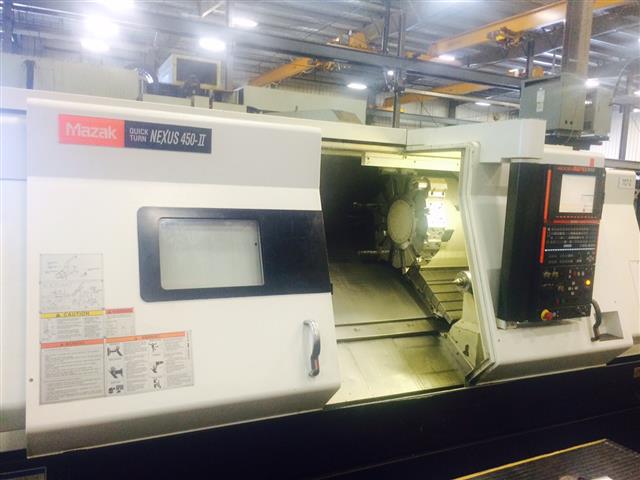Henry Ford’s automated assemble line slashed the build-time for a Model T Ford from 12 hours to two and a half back in 1913.
And innovations in the intervening century have transformed a swathe of sectors in ways Mr. Ford could only have dreamed possible.

But holistic economic progress depends on human employees retraining and redeploying during a transition progressing at breakneck speed.
Here are four ways automation presents challenges in diverse international economies.
UK
A recent PWC report predicts that 30% of British jobs could be lost to automation by the early 2030s.
The industries most affected will be transport, retail, and manufacturing. But human judgment skills will still be crucial to health, education and social work.
And job losses in more traditional industries will be offset by new roles in bleeding-edge AI and robotics firms ready to move to the forefront.
India
International firms looking to streamline and save costs often create offshore bank accounts and outsource IT services.
And India is one developing nation that’s certainly benefitted from outsourcing. But automation might severely reduce the number of roles in India’s IT sector.
Computer software can now perform many of the IT support and administrative tasks Indian workers have relied on for years — so IT workers are now retraining to switch sectors.
Automation will benefit other sectors though — the Indian health sector has a shortage of over 300,000 doctors and smart computer technology could allow medics to reach far more patients than is currently possible.
United States
AI insiders fear that the US will trail behind the new wave of robotics automation already embraced by competitors in Europe and Asia.
Roboticist Matt Rendall has called for more support for the US robotics industry so it can compete with nations like Germany and Japan.
As automation becomes more prevalent Rendall predicts powerful robotics firms at the heart of international manufacturing will become more influential than digital giants Google and Facebook.
South Africa
South Africa is another economy with huge potential facing challenges as it moves from traditional industries to the service sector.
A 2016 study revealed that the rainbow nation’s many low-skilled workers could find their jobs at risk rapidly — two-thirds of South African jobs are likely to be impacted by automation and AI.
This change is occurring against a backdrop of a long-term decline in traditional manufacturing and mining industries.
Experts warn that rapid abandonment of a manufacturing base that could eventually experience resurgence is unwise — but some workers should retrain and migrate to AI and automation businesses to stay ahead of the curve.
So there are five ways automation will impact diverse international economies.
Calculating the human impact of this transition is difficult. But careful evolution rather than rapid revolution might smooth the path.
How do you think automation will change your economy? Share your stories in the comments section.





